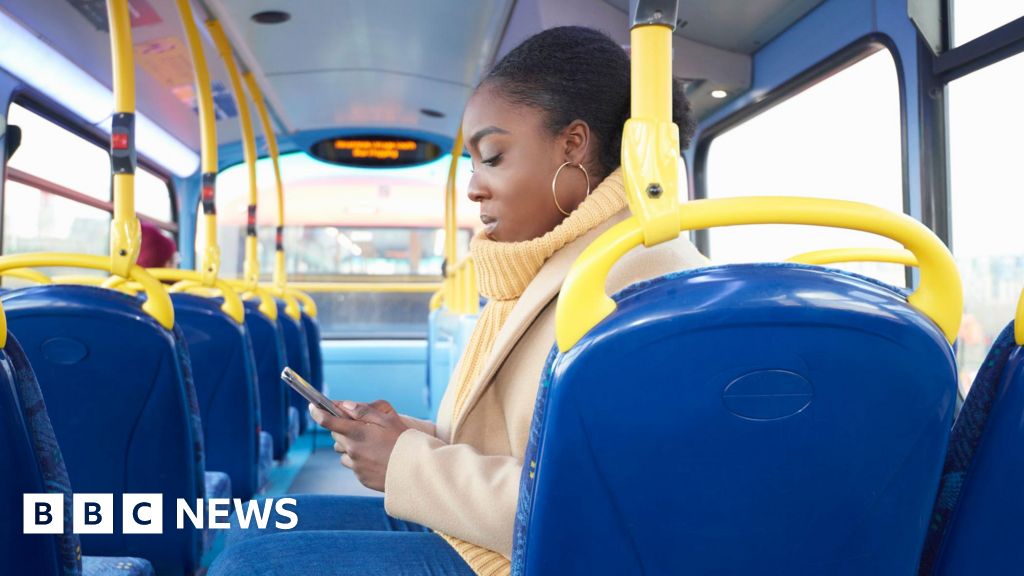The government is expected to announce a deal shortly with Labour rebels on its planned benefits changes.
Multiple sources tell the BBC existing claimants of the Personal Independence Payment (Pip) will continue to receive what they currently get, as will recipients of the health element of Universal Credit.
It is also expected that the support to help people into employment will be fast forwarded so it happens sooner.
The concessions amount to a massive climbdown from the government, which was staring at the prospect of defeat if it failed to accommodate the demands of over 100 of its backbenchers.
It comes after Sir Keir Starmer spent Thursday making calls to shore up support among the 120 Labour MPs who backed an amendment to stop the government’s flagship welfare bill progressing through Parliament.
Speaking in the Commons earlier, Sir Keir said he wanted to “see reform implemented with Labour values and fairness”.
He said he recognised that MPs of all parties were “eager” to reform the “broken” welfare system.
The Universal Credit and Personal Independence Payment Bill would change who would qualify for certain disability and sickness benefits.
Ministers had said the legislation, which aims to save £5bn a year by 2030, is crucial to slow down the increase in the number of people claiming benefits.
Chancellor Rachel Reeves had factored these cuts into her Spring Statement in March – designed to help meet her economic plans.
It is unclear how the new reforms will affect the government’s spending plans.
Working-age health-related benefit spending has increased from £36bn to £52bn in the five years between 2019 and 2024, according to the Institute for Fiscal Studies (IFS), a think tank.
It is expected to double to £66bn by 2029, without changes to the system.
But Labour MPs have criticised elements of government proposals, including plans to require Pip claimants to prove they need a higher degree of assistance with tasks such as preparing and eating food, communicating, washing and getting dressed.






